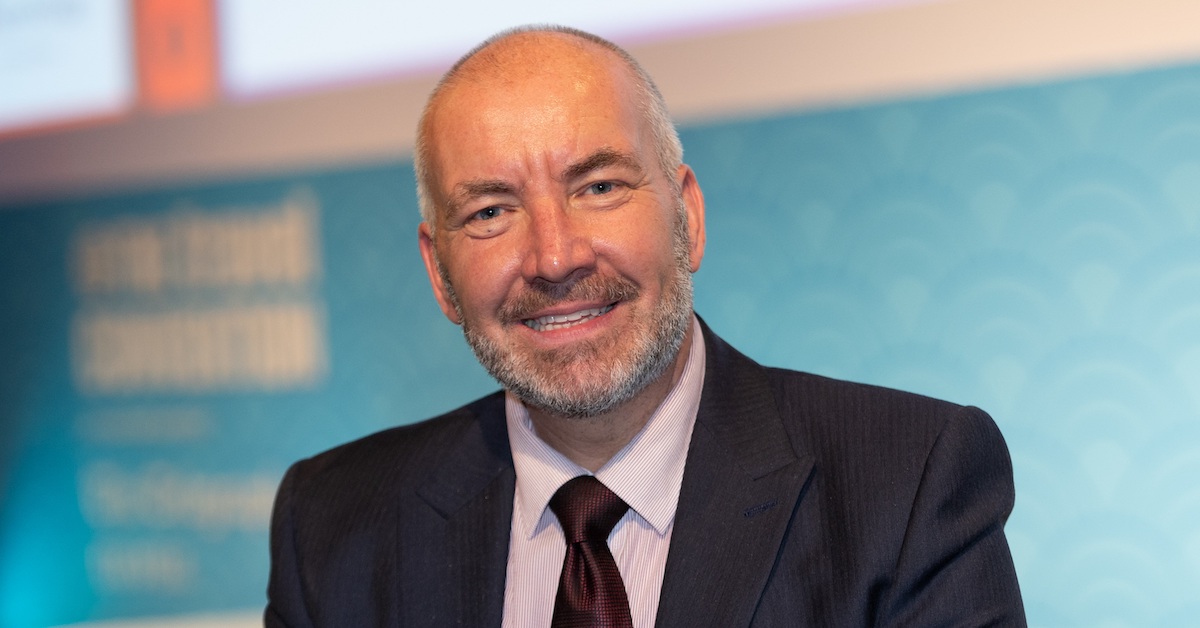The travel industry is facing potential upheaval with proposed changes to national insurance contributions. These changes could significantly impact travel agencies’ operational costs.
Alistair Rowland, Blue Bay Travel chief and Abta chair, warns that increased national insurance, coupled with hikes in the national living wage, could lead to job cuts in the travel sector.
Current Financial Pressures
Alistair Rowland has publicly voiced his concerns about the financial repercussions on travel agencies if national insurance contributions rise. This increase is anticipated to coincide with recent hikes in the national living wage, exacerbating financial strain on agencies. “Another significant rise in the national living wage will be difficult,” stated Rowland.
With a forecasted increase in the national living wage, the Low Pay Commission recommends an elevation from £11.44 an hour to a projected £11.89. Rowland argues that such dual financial obligations tighten budget constraints for agencies, potentially leading to inevitable cost-cutting measures.
Impact on Incentives and Employment
The potential rise in national insurance is coupled with Rowland’s fear of incentivisation throttling within agencies. Agencies may face difficult choices, either cutting job positions or reducing incentive schemes, as operational costs escalate.
Rowland emphasised the risk of losing jobs, particularly in agencies, stating, “Particularly in agencies, we’re going to see heads lost.” The prospect of offering agents a higher wage, while appealing, may prove unsustainable without corresponding business income growth.
Broader Industry Implications
Rowland highlighted the broader industry implications, noting the potential 30% cost hike over two years, should these measures come into effect. This scenario poses a severe challenge to maintaining current employment levels without drastic operational changes.
The proposed increase reflects a trend of escalating employment costs within the industry, necessitating a strategic reevaluation by travel agencies to ensure sustainability. This situation could affect agencies’ ability to invest in growth or employee benefits, creating a less competitive environment.
Government’s Financial Strategy
Chancellor Rachel Reeves’ position indicates a desire to bridge the gap between government spending and tax receipts. This financial strategy could place additional burdens on employers, specifically within sectors already under pressure, like travel.
Rowland argues that while fiscal responsibility is necessary, the pace and magnitude of these changes might undermine recovery efforts in a post-COVID environment, challenging the industry’s resilience.
Potential Solutions and Industry Response
Industry leaders, including Rowland, are discussing potential solutions to mitigate these impacts. Strategies might include advocating for phased implementations or seeking government support to cushion the sector from harsh economic adjustments.
Travel agencies are also exploring how to adapt to these financial realities by streamlining operations and exploring alternative revenue streams. Emphasis on innovation and flexibility becomes critical to navigating these turbulent times, ensuring long-term viability.
Future Outlook and Considerations
Looking ahead, the travel industry must consider both immediate and future impacts of these changes. Agencies will need to balance fiscal challenges with the imperative of retaining skilled staff and maintaining service quality.
The industry’s future will heavily depend on its ability to adapt to policy changes while continuing to deliver value to clients. Rowland’s warnings underscore the urgency for strategic planning and proactive management in navigating potential economic obstacles.
In light of the proposed financial changes, the travel sector faces significant adjustments. Agencies must reassess strategies to ensure sustainability and competitive viability amid rising costs.

